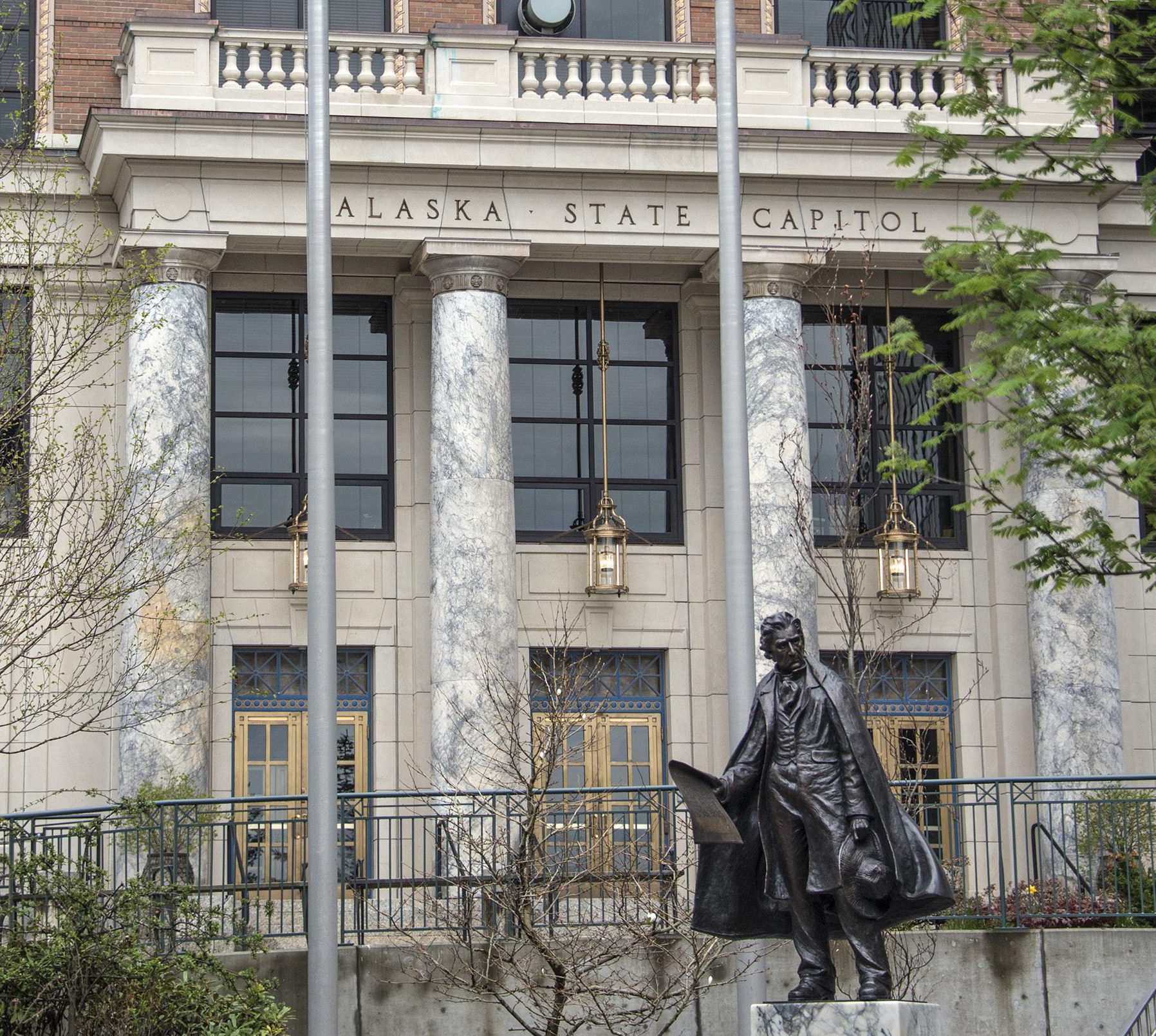On July 28, 2022, Alaska Governor Mike Dunleavy (R) signed House Bill 123 (HB 123) into law, which would formally recognize 229 federally recognized American Indian tribes in Alaska. The bill was approved by the state legislature on May 17, 2022, before going to the governor’s desk.
“House Bill 123 codifies in law what Alaskans have long recognized: the important role that Native Tribes play in our past, present, and future,” said Gov. Dunleavy in a statement.
Rep. Tiffany Zulkosky (D-38), who sponsored the bill, called this action long overdue. “While the inherent sovereignty of Alaska Tribes has been consistently affirmed in Federal policy, in rulings by the Supreme Court, and by Executive Order in 2018, the signing of House Bill 123 provides formal recognition in statute for the first time in our State’s history,” she said.
HB 123 adds a section to Alaska state statute that recognizes federally recognized tribes. According to the U.S. Department of the Interior, a federally recognized tribe is “an American Indian or Alaska Native tribal entity that is recognized as having a government-to-government relationship with the United States, with the responsibilities, powers, limitations, and obligations attached to that designation, and is eligible for funding and services from the Bureau of Indian Affairs.”
Initially, the move for the state to recognize American Indian tribes in Alaska came from a ballot initiative that was intended to be placed on the 2022 ballot. The initiative was filed by Wáahlaal Gíidaak Barbara Blake, Chaa yaa eesh Richard Peterson, and La quen náay Liz on August 11, 2021. The Alaskans for Better Government PAC was registered in support of the measure.
“With a respectful partnership we’ll have more ways to enhance the lives of Alaskans by streamlining services; partnering to amplify federal and state funding for deep, sustainable, and long-term impact; and tapping in to the 10,000 plus years of Indigenous brilliance, diversity, and knowledge of our Native homelands that so many now call home,” the Alaskans for Better Government campaign said, “The basis of any good relationship is respect, and too often when sovereign governments cannot work together our Tribal peoples disproportionately bear the price of injustice, diminishing equity, liberty, and freedoms for all.”
In Alaska, the initiative process for state statutes is indirect. This means that rather than a campaign submitting signatures to put the initiative directly on the ballot the initiative first goes to the state legislature. The state legislature then has a chance to approve or reject the measure. If the state legislature rejects the measure, the measure goes to the ballot for voters to decide. If the state legislature approves the measure, it goes to the governor’s desk for approval.
The Alaskans for Better Government campaign submitted 56,200 signatures on January 13, 2022. Of that total, 47,199 signatures were found to be valid on March 3, 2022. The number of required signatures to send the initiative to the state legislature was 36,140.
In 2021, several legislators introduced House Bill 123, which Alaskans for Better Government described as “functionally identical and… written to serve the same purpose” as the ballot initiative. Instead of considering the initiative, the state legislature approved HB 123 in May.
Since the measure was passed by the state legislature, it will not appear on the ballot but instead will go into effect immediately.
Alaska Federation of Natives President Julie Kitka called this formal recognition a ‘historic step’.
“The cultural survival of our Indigenous people is dependent on our ability to maintain our values, practice our traditions, and maintain freedom to live our lives well with dignity and respect for each other,” she said. “We have strengthened our tribal governments and have initiated multiple efforts to continue our path to self-determination and self-governance. The formal recognition through this legislation is an historic step for us to have a successful relationship with the state.”
Additional reading:


